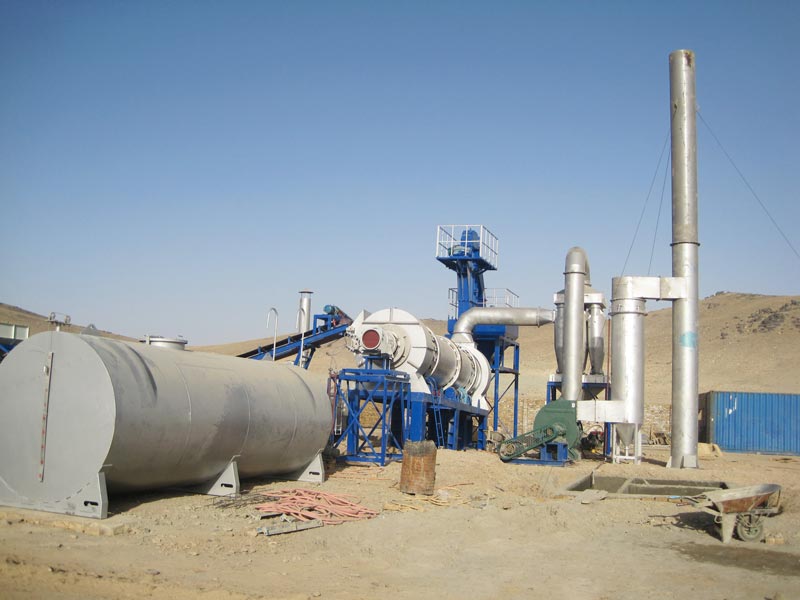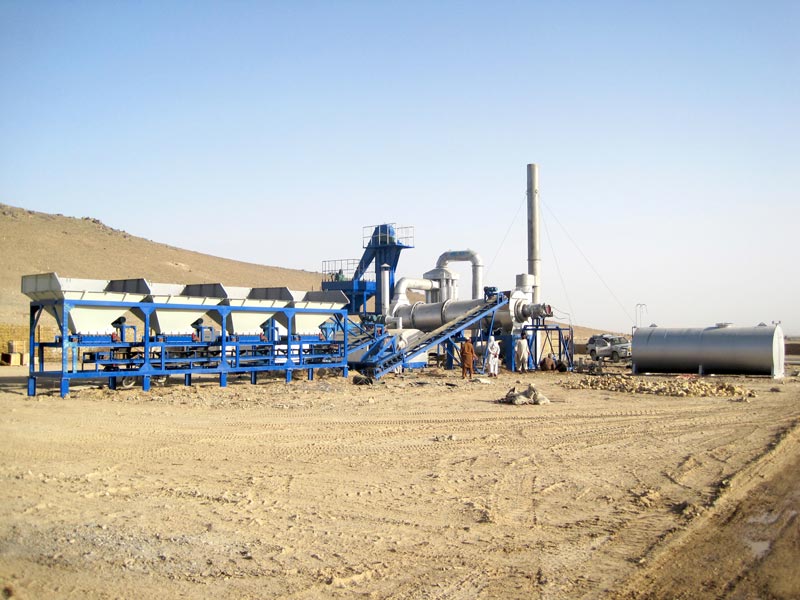The demand for efficient, reliable, and high-quality asphalt paving is ever-present in both urban and rural infrastructure development. The continuous asphalt plant, with its innovative technology and seamless operation, stands out as a vital component in meeting this demand. Unlike batch mixing plants that produce asphalt in batches, continuous asphalt plants are designed to manufacture asphalt mixture in a constant, uninterrupted process. This article delves into the applications of continuous asphalt plants and highlights how they contribute to streamlined paving operations, including insights into stationary and mobile asphalt plant variants.
The Essential Role of Continuous Asphalt Plants
Continuous asphalt plants play a crucial role in modern paving projects, offering significant advantages over traditional batch mixing methods. These continuous asphalt plants(planta asfalto continua) are engineered to deliver a constant flow of asphalt mixture, ensuring steady paving operations without the downtime associated with batch mixing. Let’s explore the key benefits and applications of these innovative systems.

Advantages of Continuous Operation
Continuous asphalt plants offer several compelling advantages, making them an attractive option for a wide range of paving projects:
- Efficiency: With a continuous flow of material, these plants ensure that paving operations can proceed without interruption, leading to faster project completion times.
- Simplicity: The design and operation of continuous asphalt plants are generally simpler than those of batch plants(planta asfaltica), reducing maintenance requirements and operational complexity.
- Flexibility: Many continuous plants come equipped with advanced controls, allowing operators to adjust the mix on the fly to meet specific project requirements.
Diverse Applications
The versatility of continuous asphalt plants makes them suitable for a broad spectrum of paving projects, from highways and urban roads to rural paths and large parking areas. Their ability to maintain a steady supply of asphalt is particularly beneficial for time-sensitive or logistically complex projects.

Exploring Stationary and Mobile Asphalt Plant Variants
Within the category of continuous asphalt plants, there are both stationary and mobile options available, each serving distinct needs and project conditions.
Stationary Asphalt Plants
Stationary asphalt plants are ideal for long-term projects or when a substantial quantity of asphalt is required at a single location. These plants are characterized by their high production capacity, robust construction, and the ability to handle large-scale operations efficiently.
Mobile Asphalt Plants
Mobile asphalt plants offer unparalleled flexibility, allowing for easy relocation between sites. This mobility is especially advantageous for projects spread over vast distances or where site access is challenging. Although they may have lower production capacities compared to stationary plants, mobile asphalt plants(planta movil asfalto) provide the agility needed for dynamic project environments.
Conclusion
Continuous asphalt plants, whether stationary or mobile, represent a significant advancement in paving technology. Their continuous operation not only enhances efficiency but also simplifies the paving process, making it possible to complete projects faster and with greater precision. As the demand for seamless and durable paved surfaces continues to grow, the role of continuous asphalt plants in achieving these outcomes becomes increasingly important. Whether for expansive highway projects or smaller urban roads, these plants offer the solutions needed to pave the way toward successful infrastructure development.
Read More Here: https://aimixgrupo.com/planta-de-aglomerado-asfaltico